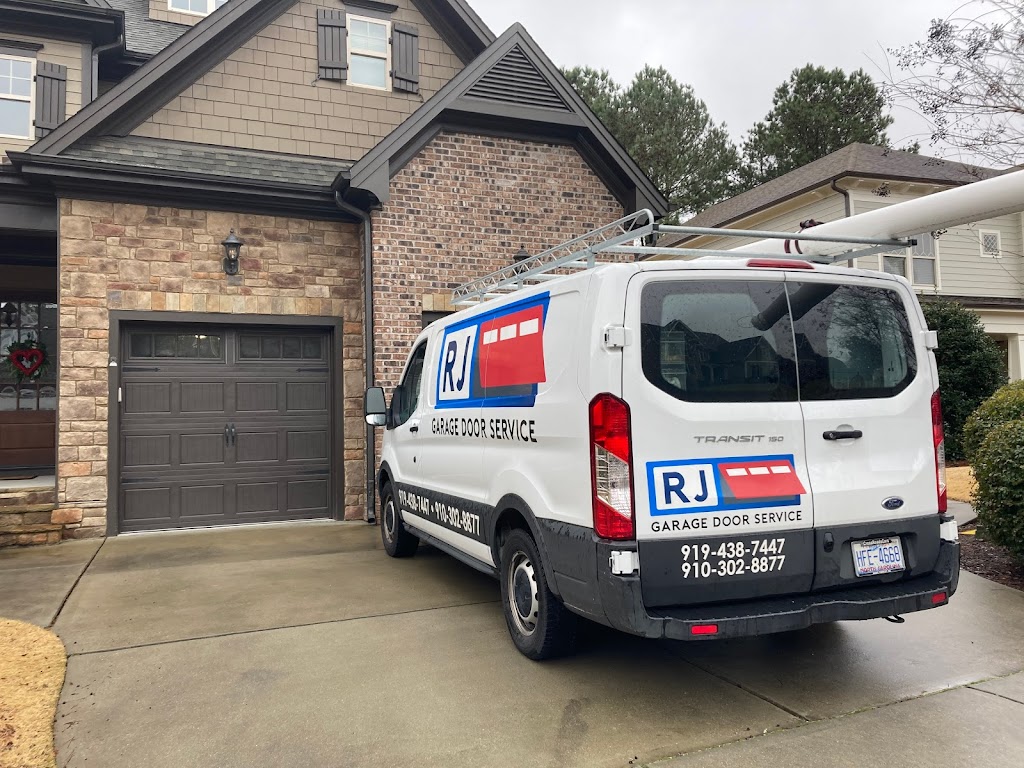If you’re running a business that involves large vehicles, heavy equipment, or frequent shipments, having the right garage door is essential. Oversized commercial garage doors can make a huge difference in your daily operations, boosting efficiency, security, and even your bottom line. In this guide, we’ll cover everything you need to know to make an informed decision.
Types of Commercial Garage Doors
Not all commercial garage doors are created equal. Depending on your business needs, you’ll want to choose from these common types:
- Roll-Up Doors
These doors coil neatly above the opening when lifted. They’re great for maximizing space and are ideal for warehouses or storage facilities. - Sectional Garage Doors
Built from panels that lift and slide overhead, sectional doors offer excellent insulation and durability. They’re perfect for businesses that prioritize energy efficiency. - High-Speed Doors
Designed for fast operation, these are perfect for businesses needing frequent access, such as distribution centers or loading docks. - Security Grilles
If visibility and airflow are key, security grilles provide protection while maintaining an open feel—ideal for retail or parking garages.
How Much Does an Oversized Commercial Garage Door Cost?
Cost is a significant factor when choosing a garage door. On average, oversized commercial garage doors can range from $1,000 to $10,000 or more, depending on the size, material, and additional features like insulation or automation.
Here’s a quick breakdown of what influences the cost:
- Size and Customization: Larger doors or custom dimensions drive up the price.
- Material Choice: Steel, aluminum, and wood come at different price points.
- Additional Features: Insulation, windows, and automation systems add to the cost.
Material Options: What’s Best for Your Business?
Choosing the right material is crucial for durability, aesthetics, and cost-effectiveness. Here are your main options:
- Steel
The go-to choice for durability and security. Steel doors can withstand harsh weather and frequent use. - Aluminum
Lightweight and resistant to rust, aluminum doors are great for businesses in humid or coastal areas. - Wood
For a more classic, polished look, wood doors can add a touch of elegance. However, they require more maintenance. - Fiberglass
These doors are lightweight, low-maintenance, and resistant to dents, making them a great option for high-traffic areas.
Insulation and Energy Efficiency
If your business operates in extreme climates, insulation isn’t just a nice-to-have; it’s a must. Insulated doors help maintain a consistent indoor temperature, reducing heating and cooling costs.
Pro tip: Look for doors with a high R-value, which measures thermal resistance. A higher R-value means better insulation.
Benefits of insulation include:
- Lower energy bills
- Improved temperature control
- Noise reduction
- Better protection for temperature-sensitive goods
Available Sizes: One Size Doesn’t Fit All
Oversized commercial garage doors are available in a range of sizes to accommodate various needs. Here are some typical dimensions:
- 18 feet wide by 12 feet high
- 20 feet wide by 12 feet high
- 22 feet wide by 14 feet high
- 24 feet wide by 14 feet high
If your business has unique requirements, many manufacturers offer custom sizing.
Durability and Maintenance
Let’s face it—commercial garage doors take a beating. Between daily operations and exposure to the elements, your door needs to stand up to wear and tear.
Here are some tips to ensure durability:
- Choose a sturdy material like steel or fiberglass.
- Opt for rust-resistant coatings if in a wet or coastal area.
- Regular maintenance is key. Schedule professional inspections to check for worn-out parts, and don’t ignore minor repairs.
Proper maintenance can extend your door’s life by 10-15 years or more.
Noise Level: Keeping It Quiet
Some garage doors are louder than others, which might not be ideal if your business operates in a quiet neighborhood or near office spaces.
To minimize noise:
- Look for doors with nylon rollers and sealed hinges.
- Insulated doors often produce less noise.
- Regular lubrication of moving parts can significantly reduce squeaks and rattles.

